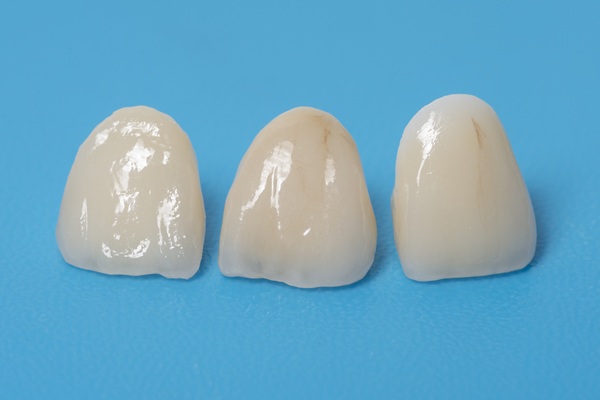How Long Does It Take for Dental Implant Surgery to Heal?

If you are thinking about dental implant surgery, you should know how the procedure will affect you. You should also have realistic knowledge about the recovery time. Keep reading to find out more on the different types of surgeries. Also, learn how you can help promote the healing process.
Recovering from a dental implant surgery
Just as every patient is different, so is every dental implant surgery. There is no exact way of telling how long each recovery time will take per individual. The first factor to consider is how many dental implants were put in place. The next thing to think about is whether or not the surgery required any bone grafting. Also, individuals may have different healing times depending on the overall health of the patient.
The type of surgical procedure can also influence the recovery time and the amount of pain felt afterward. With any procedure, there may be some swelling and discomfort following the surgery. However, depending on the surgery type, most patients can return to their usual routines in a couple of days.
Simple procedure
Simple surgery is where a patient has just a single tooth that needs replacing. It also means that they have a healthy jawbone and no grafting is required. With a simple procedure, the patient is likely to experience minimal discomfort. The recovery time may include minor bruising and some swelling but should be relatively easy. The dentist will recommend the patient rest, brush the remaining teeth softly, and enjoy soft foods for a few days.
Moderate procedure
Moderate surgery is the most normal occurrence for patients. This is where the dentist has replaced two or more teeth with new dental implants. Patients can expect some swelling, bruising and discomfort following the surgery. The healing process generally takes no more than a full week. After 7-10 days, patients can return to their usual diet. However, they should still consider avoiding tough foods, like whole fruits and steaks, until the entire process is complete.
Difficult procedure
For some patients, a difficult procedure can lead to a longer recovery time. If the surgery was harder than normal or required several new dental implants, it can slow down the rate at which the patient heals. It is recommended to eat soft food only for at least six weeks following the surgery. Just like with a moderate procedure, there may be extra pain involved. When medication is prescribed, it is necessary to always follow the doctor’s post-surgery instructions.
How to help the healing process
There are a few things that a person can do to help speed up their recovery. Avoiding cigarettes and alcohol is important. Continuing a nutritious diet of soft foods can also help as well as avoiding any hot beverages or food. Do not use straws and remember to brush teeth and the dental implants softly. Bending over and standing quickly can increase bleeding and cause discomfort. It is common to spend the first day after surgery in bed or sitting still.
Are dental implants worth it?
If you need a smile makeover, dental implants can be the solution for missing teeth you have been searching for. Talk to your dentist about the procedure and whether the recovery time is worth a smile you can be proud of.
Request an appointment here: https://www.esdmke.com or call Eastside Dental at (414) 888-4000 for an appointment in our Milwaukee office.
Check out what others are saying about our services on Yelp: Read our Yelp reviews.


